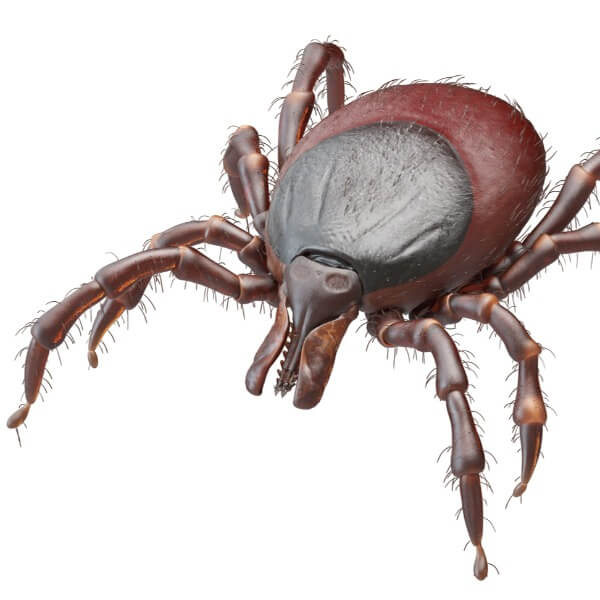Winter is often seen as a season of dormancy for many creatures. Trees shed their leaves, animals hibernate, and insects seemingly vanish. However, one persistent question lingers in the minds of those who enjoy the outdoors or have pets: Do ticks die in winter?
Seasonal Tick Activity
The short answer is no; ticks don’t necessarily die off during winter, but their activity significantly decreases. Ticks are hardy creatures adapted to survive various environmental conditions. While some species of ticks may be more resilient than others, the general life cycle of a tick involves four stages: egg, larva, nymph, and adult.
Ticks typically search for hosts during the warmer months, using their specialized sensory organs to detect animals and humans. Once they find a host, they feed on blood and then drop off to molt into the next life stage. With its cold temperatures, winter can pose challenges for ticks, especially in the nymph and adult stages.
Ticks are ectothermic, meaning the environment regulates their body temperature. Extremely cold temperatures can slow down their metabolism and activity. In colder regions, ticks may seek shelter in leaf litter or other protected areas to avoid direct exposure to harsh weather conditions.
While ticks may not be as active during winter, they can still survive. Ticks have adapted antifreeze proteins in their bodies, allowing them to endure freezing temperatures. Additionally, ticks can survive in a state of diapause, a suspended animation-like condition that helps them conserve energy during adverse conditions.
So, while you might encounter fewer ticks during winter hikes, it’s crucial to remain vigilant. If temperatures are mild, ticks may remain active.
Yard Tick Treatments
If you have pets or children or love spending time outdoors year-round, it’s important to have your lawn treated for ticks routinely. Ticks are a major nuisance and are major vectors for illnesses such as Lyme disease. If you need your lawn treated for ticks, now is the time to call Bug-A-Way Pest Control!
